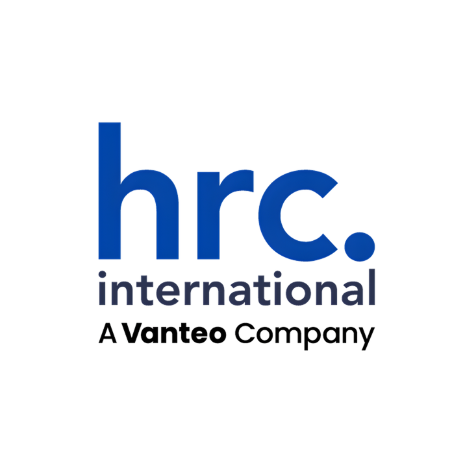The hospitality industry is built on traditions that go back centuries — yet it thrives on constant change. From ancient inns offering weary travelers a safe place to rest, to today’s luxury hotels with personalized mobile check-ins, the core value of hospitality remains the same: making people feel welcome.
For participants in hospitality training programs, understanding this history is more than trivia. It’s the key to appreciating the “why” behind service standards, and it’s a roadmap for blending timeless values with modern expectations.
A Look Back — Timeless Values in Hospitality
Long before the word “hospitality” became part of the industry vocabulary, it was a cultural principle. Ancient civilizations like the Greeks saw hospitality — or xenia — as a sacred duty. Guests were honored, fed, and protected, often without expectation of payment. In medieval Europe, monasteries and coaching inns served travelers with similar values: warmth, safety, and respect.
These early service principles became the foundation for modern hotel etiquette:
- Warm welcomes that make guests feel valued.
- Attentiveness to individual needs.
- Integrity in service delivery.
Even though the technology and settings were simpler, the essence of service excellence — empathy, courtesy, and trust — has stood the test of time.
Modern Expectations — The New Face of Guest Experience
Fast forward to the 21st century, and hospitality has expanded into a global, highly competitive industry. Guests now expect:
- Speed and convenience through mobile check-ins and digital concierge services.
- Personalization based on data and loyalty programs.
- Sustainability in operations, from energy use to sourcing local ingredients.
According to Statista, over 60% of travelers say sustainability impacts their booking choices. Similarly, PwC’s Future of Hospitality Report notes that hyper-personalization is now a competitive advantage, with technology enabling tailored guest experiences at scale.
For you, hospitality talents, this means you’re stepping into an environment where service excellence is still essential, but speed, innovation, and adaptability are equally valued.
Bridging the Gap — How Hospitality Training Programs Connect Past and Present
This is where hospitality training programs make the difference. They equip participants with both the classic skills rooted in tradition and the modern competencies needed to thrive in today’s hotels.
Core skills from the past that you’ll master:
- Polished interpersonal communication.
- Anticipating guest needs before they are voiced.
- Delivering consistent service across all interactions.
Modern skills you’ll develop:
- Using property management systems and CRM tools.
- Navigating cultural diversity in global teams.
- Applying eco-friendly and ethical service practices.
At HRC International, we design training plans that include rotations in multiple divisions— so participants see firsthand how traditional service values integrate with modern tools and guest expectations.
Read more: The Key Benefits of Applying for a J1 Visa Through HRC International
What You Can Learn — Practical Takeaways
- Respect Tradition
Learn why service protocols exist. Understanding the historical roots of certain rituals (like greeting guests at the door) makes them more meaningful to deliver. - Embrace Innovation
Don’t just stick to “the way it’s always been done.” Learn the latest tech tools and service enhancements your property offers. - Practice Cultural Intelligence
Today’s guests and colleagues come from all over the world. Use your hospitality training programs to build cross-cultural communication skills — a hallmark of both past and future hospitality. - Think Sustainability
Incorporate eco-conscious practices into your daily routine. Modern hospitality leaders see sustainability as part of guest satisfaction.
Why This Matters for Your Career
Employers look for taletns who can combine the etiquette of the past with the skills of the future. In fact, a survey by the American Hotel & Lodging Association found that adaptability, cultural awareness, and tech proficiency are among the top skills hotel managers seek in new hires.
By leveraging the training and support you receive during your J1 placement, you position yourself as a well-rounded professional who understands both the art and science of hospitality.
Final Thoughts
Hospitality has evolved from candle-lit inns to AI-powered concierge desks, but its heart remains the same: genuine care for the guest. As a participant in hospitality training programs, you’re not just learning how to serve — you’re carrying forward a legacy while adapting it to meet the needs of today’s travelers.
When you combine the best of the past with the demands of the present, you set yourself apart in a competitive global market. And that’s the kind of professional every employer wants on their team.
Ready to start your own journey? Explore HRC International’s hospitality training programs and step into a role where tradition meets innovation.
